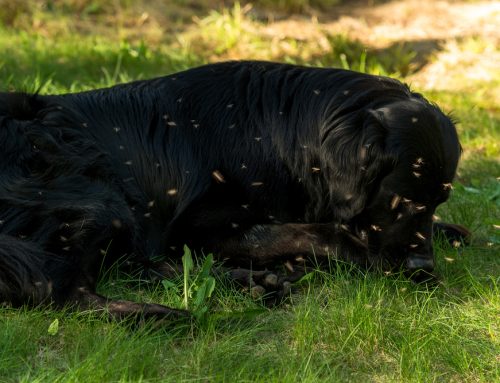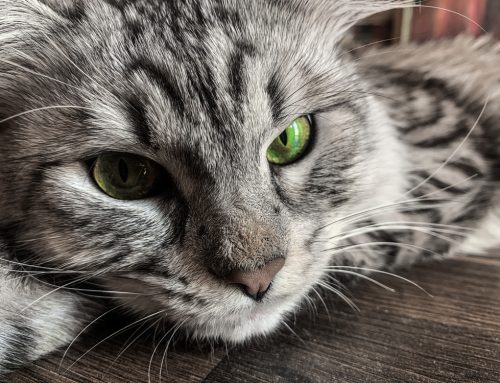 Did you know that dogs and cats have something called anal sacs (also sometimes referred to as anal glands)? They are two little pockets just inside the rectum that contain a strongly scented discharge.
Did you know that dogs and cats have something called anal sacs (also sometimes referred to as anal glands)? They are two little pockets just inside the rectum that contain a strongly scented discharge.
Normally your pet expresses this liquid during his or her bowel movements and it’s not something you, as a pet owner, ever have to think about. However, you have probably had the “pleasure” of smelling the distinct fishy odor that can sometimes result when they are expressed.
Unfortunately, some pets can have problems related to their anal sacs. Some of the more common issues include:
Signs of Anal Sac Problems
Normally the sacs empty themselves routinely through tiny openings. When this does not happen, the anal sacs become very full. If they continue to not be expressed, they become impacted. This is very painful, as you can imagine. Pets that have an anal sac impaction may:
Scoot or drag its rear end on the ground
Lick at the rectal area
Turn and look at its rear end
Jump, cry out, or act otherwise scared
If you think that your dog or cat might have an anal sac impaction, they should be seen by a vet right away, as the sacs will need to be manually expressed. If the issue is left untreated, impaction can result in more serious problems, such as infection or even rupture.
Rarely, pets can get tumors in their anal glands. Symptoms can appear similarly to an anal sac impaction. Tumors in the anal sac tend to be aggressive and locally invasive.
Caring For Your Pet’s Anal Sacs
Most pets do not have problems with their anal sacs, however those that do often have repeated issues. The best thing to do is pay close attention to any signs that your pet may be having a problem.
When you are suspicious that your pet may be having anal gland issues, have it checked out by your veterinarian as soon as possible.
Be sure to bring your pet in to the vet’s office for routine wellness examinations to help catch problems earlier in their course.
Feed your pet a high quality diet that contains enough fiber to increase the bulk of the stools.
Keeping your pet at an ideal weight can help to reduce the frequency of problems.
Anal sacs are stinky business. While it is possible to express them yourself, it can be a messy and unpleasant job. If you think your pet may be having a problem, it is probably best to have it checked out by a professional. Anal gland problems can be very uncomfortable and should be addressed quickly.






